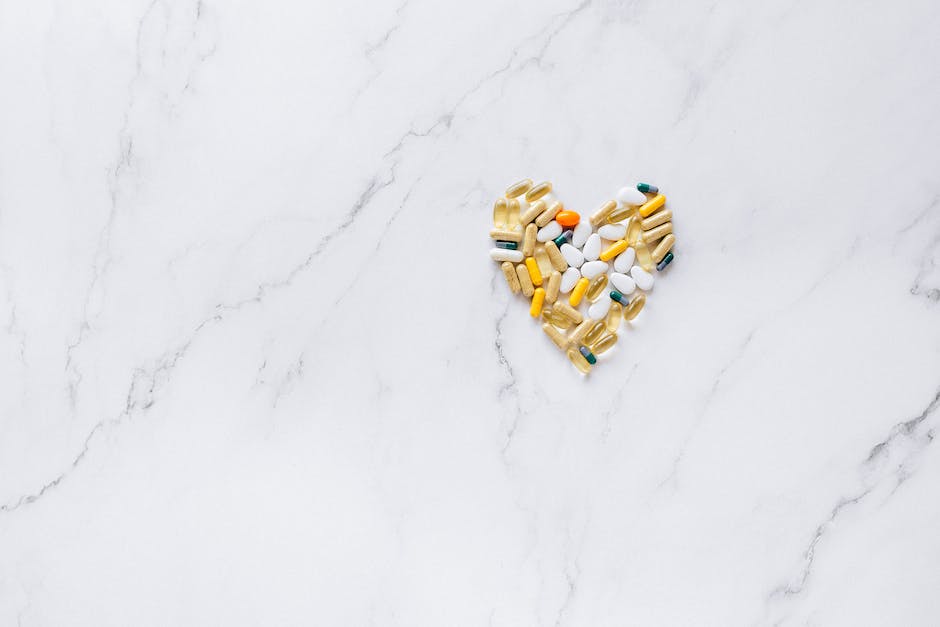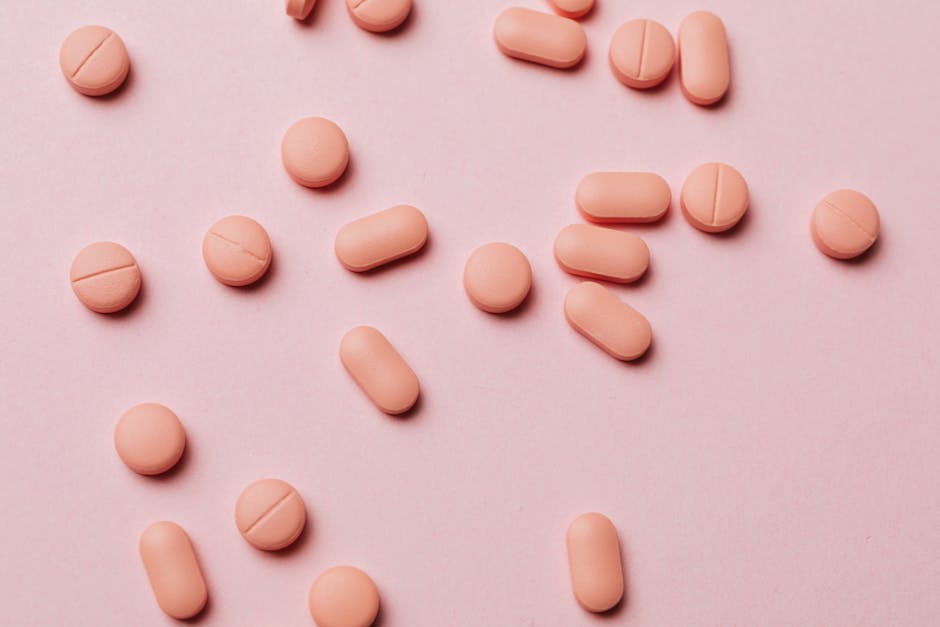The Pros and Cons of Zinc: Benefits and Drawbacks You Should Know
Exploring the Upsides and Downsides of Using Zinc
Zinc is an essential mineral that plays a vital role in numerous bodily functions. From supporting the immune system to aiding in wound healing, this micronutrient is crucial for overall well-being. Additionally, zinc is widely used in various industries, including health supplements, skincare products, and metal production. However, like any other element, there are both advantages and disadvantages associated with zinc. In this article, we will delve into the benefits and drawbacks of zinc, shedding light on its multifaceted nature.
Before incorporating zinc into your routine, it's important to weigh its pros and cons. While its positive impacts on health and industry are noteworthy, there are also potential downsides to consider. By gaining a comprehensive understanding of the advantages and disadvantages of zinc, individuals can make informed decisions about its usage. Explore the following sections to unravel the intriguing benefits and drawbacks of this versatile mineral.
Pros
Discover the numerous advantages that zinc offers, from supporting immune function to promoting healthy skin. Understanding these benefits can help individuals make informed choices about incorporating zinc into their daily regimen.
Enhances Immune Function
Zinc plays a pivotal role in modulating the immune response, thereby contributing to the body's defense against infections and illnesses. Adequate zinc levels are essential for the proper functioning of immune cells, promoting overall immune health.
Supports Wound Healing
This essential mineral is involved in various stages of the wound healing process. It helps support the body's natural repair mechanisms, making it crucial for maintaining healthy skin and tissues.
Promotes Skin Health
Zinc exerts beneficial effects on skin health and is often used in skincare products to help manage conditions like acne and eczema. Its anti-inflammatory properties and role in collagen synthesis make it valuable for maintaining skin integrity.
Regulates Metabolism
Zinc is involved in the metabolism of nutrients and the regulation of hormone levels, playing a key role in various physiological processes. Its involvement in metabolic pathways underscores its significance for overall health and well-being.
Supports Neurological Function
The role of zinc in brain function and neurological health is well-documented. From neurotransmitter regulation to neuroplasticity, zinc plays a crucial role in supporting cognitive function and overall brain health.
Antioxidant Properties
Zinc acts as an antioxidant, helping to protect cells from damage caused by free radicals. This property can benefit overall health by reducing the risk of chronic diseases and supporting the body's natural defense system.
Enhances Senses of Taste and Smell
Zinc plays a vital role in maintaining the senses of taste and smell. Adequate zinc levels can contribute to an improved ability to taste and smell, enhancing the overall sensory experience of food and environment.
Missing a pro?
Let us know which pro you are missing!
Cons
While zinc offers various benefits, it's important to acknowledge its potential drawbacks. From adverse effects of excessive supplementation to environmental concerns, understanding the limitations of zinc usage is crucial for making well-informed decisions.
Gastrointestinal Discomfort
Excessive intake of zinc can lead to gastrointestinal issues, including nausea, vomiting, and diarrhea. It's important to adhere to recommended intake levels to avoid the adverse effects associated with overconsumption of this mineral.
Interference with Nutrient Absorption
High doses of zinc may interfere with the absorption of other essential nutrients, such as copper and iron. This can potentially lead to imbalances in the body and hinder overall nutrient utilization.
Potential Toxicity
While zinc is vital for health, excessive intake can result in toxicity. This can manifest as symptoms such as lethargy, copper deficiency, and impaired immune function, highlighting the importance of moderate and informed usage.
Environmental Impact
In industrial settings, zinc production and disposal can have environmental implications. From pollution concerns to resource depletion, the environmental impact of zinc usage warrants attention and sustainable management.
Allergic Reactions
Some individuals may experience allergic reactions to certain forms of zinc, particularly in skincare products. Awareness of potential allergic responses is essential when using zinc-containing formulations.
Potential Hormonal Imbalance
Excessive intake of zinc supplements can disrupt hormonal balance in the body, leading to potential health issues. It's crucial to maintain a balanced approach to zinc consumption to prevent hormonal imbalances.
Negative Drug Interactions
High doses of zinc may interact negatively with certain medications, affecting their effectiveness or causing adverse reactions. Individuals on specific medications should consult healthcare professionals before supplementing with zinc.
Missing a con?
Let us know which con you are missing!
Conclusion
In conclusion, zinc offers a myriad of benefits, ranging from immune support to skin health, and from neurological function to metabolism regulation. However, it's crucial to be mindful of potential drawbacks, such as gastrointestinal discomfort, nutrient interference, and environmental impact. By understanding the multifaceted nature of zinc, individuals can make informed decisions about its incorporation into their health and lifestyle practices.
What do you think?
Do you think the pros outweigh the cons?








